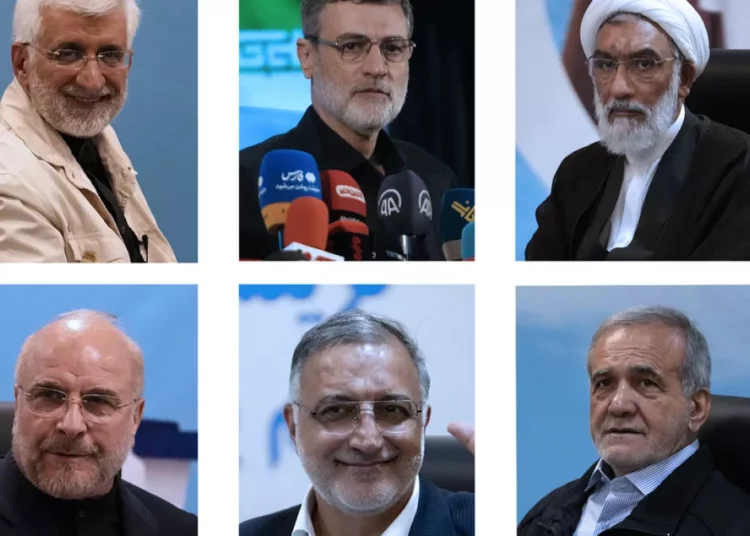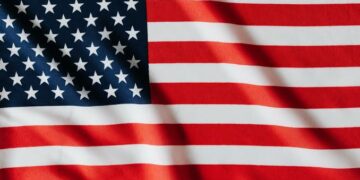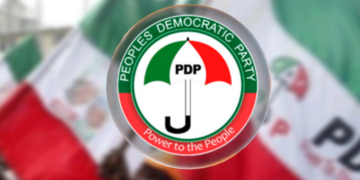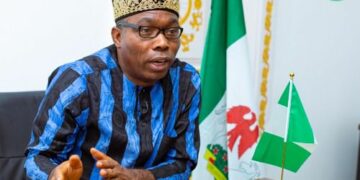Following the recent sudden death of President Ebrahim Raisi in a helicopter crash, Iran’s Guardian Council has approved six candidates, including parliament speaker Mohammad Bagher Ghalibaf, to run in the snap presidential election scheduled for June 28.
LEADERSHIP recalls that Raisi, who was widely expected to secure another term and was a key figure in the succession planning for Iran’s 85-year-old Supreme Leader, Ayatollah Ali Khamenei, died on May 19 alongside seven others, including Foreign Minister Hossein Amirabdollahian.
The Guardian Council, responsible for vetting candidates, also approved notable figures such as former nuclear negotiator Saeed Jalili and Tehran Mayor Alireza Zakani.
However, 74 other candidates were disqualified, continuing a trend of significant candidate exclusions in Iranian elections.
Among those disqualified were former President Mahmoud Ahmadinejad and Ali Larijani, a moderate candidate and former three-time parliament speaker, both of whom were also barred from running in the 2021 election.
A 62-year-old former commander of the Islamic Revolutionary Guard Corps (IRGC) air force, Ghalibaf, has had a long career in public service, including serving as Tehran’s mayor from 2005 to 2017 and as chief of police. He previously ran for president in 2005, 2013, and 2017, withdrawing in favour of Raisi in the last race.
Khamenei’s representative to the Supreme National Security Council, Saeed Jalili, also withdrew from the 2021 presidential race in favor of Raisi.
Zakani, who assumed the mayoral role in Tehran after withdrawing in the 2021 race, expressed his commitment to “continue the path” of Raisi in a post on X.
Other approved candidates includes Masoud Pezeshkian, a 70-year-old veteran lawmaker and former health minister, representing the diminished moderate and reformist factions.
Another candidate is Mostafa Pourmohammadi, a former of Interior and Justice and Head of Iran’s Martyrs Foundation, Amirhossein Ghazizadeh Hashemi, who also ran in 2021 and received less than a million votes.
Key issues expected to shape the election include Iran’s nuclear programme and the struggling economy burdened by high inflation and international sanctions.
State television plans to host five rounds of four-hour debates to address these topics.
Turnout in Iranian elections has been declining, with the March 2024 parliamentary elections seeing only 41 percent participation, the lowest since the 1979 Islamic Revolution.
This trend of decreasing voter engagement presents a critical backdrop to the upcoming presidential election.











